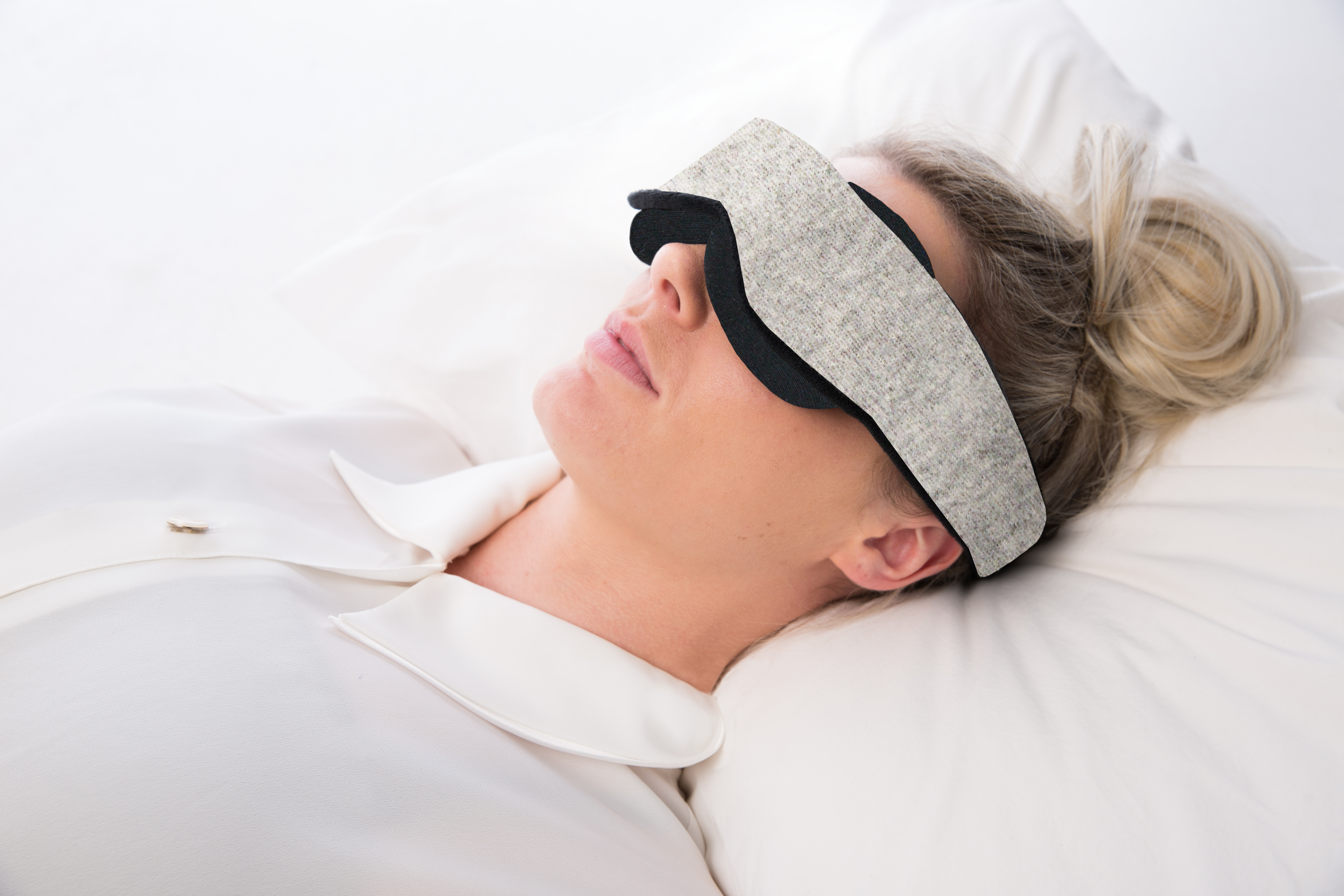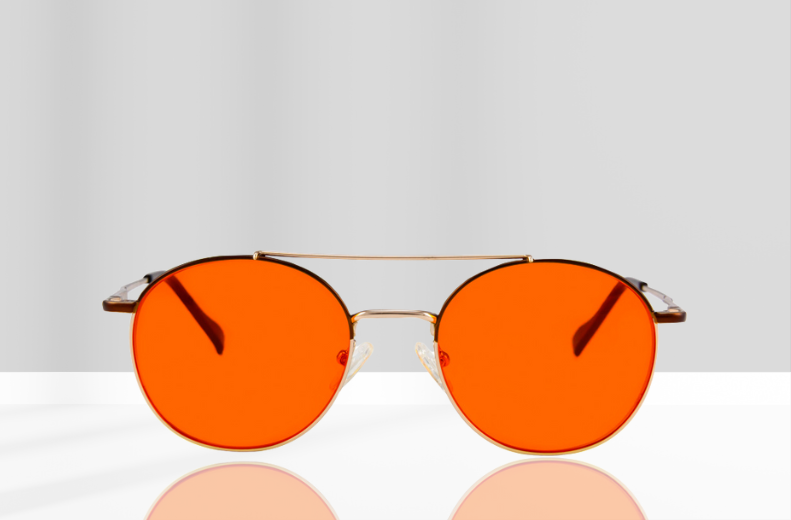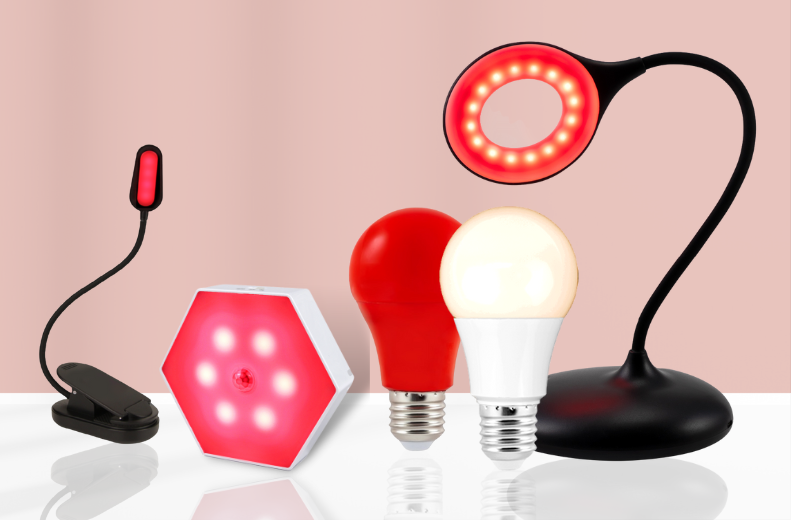What Is My Sleep Chronotype?
Andy Mant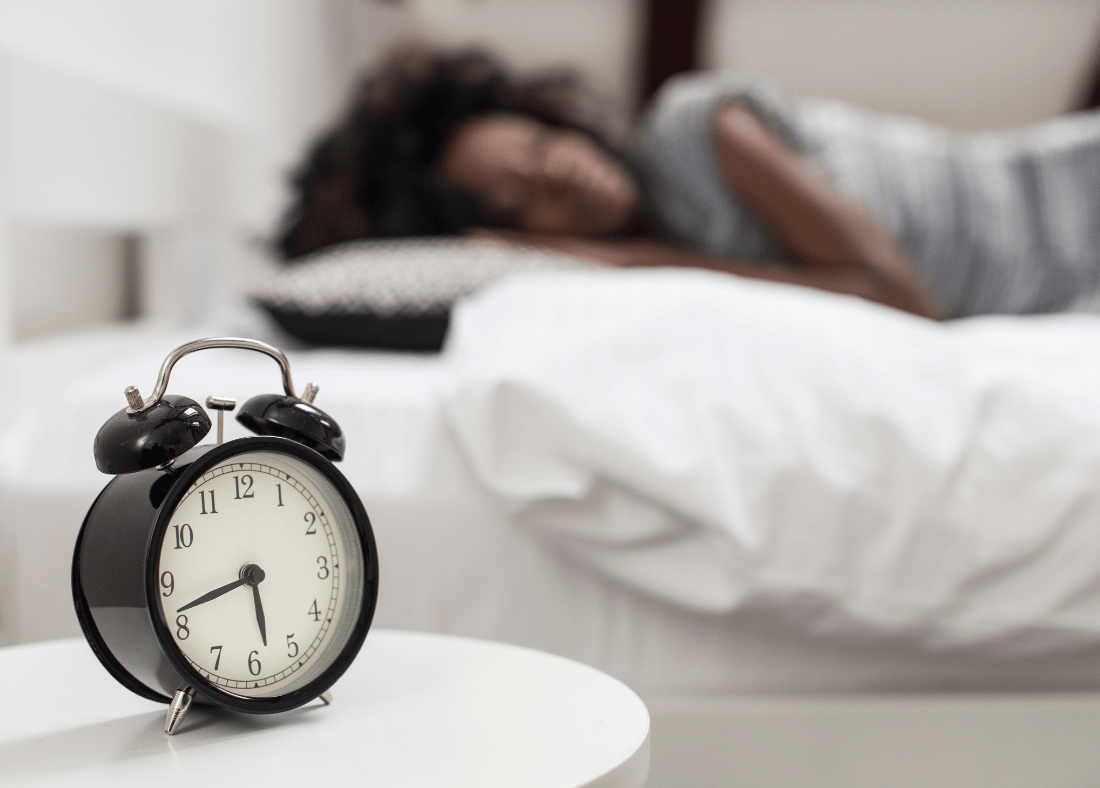
What do you know about sleeping patterns, sleep schedules and sleep behavior? Most people are aware that researchers recommend everyone aims to get at least eight hours of sleep a night to remain productive. However, it’s also true to say that people often have varied sleep cycle behaviors. This could all be due to your sleep chronotype.
What Is A Sleep Chronotype?
Your sleep chronotype refers to your sleep behavior including whether you are more likely to get up and be productive in the morning or if you are going to wake up late and be productive in the evening hours. Essentially, your sleep chronotype will determine when you are naturally inclined to sleep or wake up.
Why Is Your Sleep Chronotype Important?
It’s worth knowing your sleep chronotype because it can impact a range of well-being aspects including:
- Appetite
- Exercise
- Body temperature
Certain studies have even suggested that your sleep chronotype can be a factor in determining your personality traits and emotions. For instance, people who function well in the morning may be more agreeable and open.
Furthermore, some studies have linked certain poor health habits with an evening sleep chronotype. They might be less likely to exercise and more likely to be inactive throughout the day which can lead to health issues over time.
People who function better in the evening may also be more impulsive but it’s important to be aware that there is conflicting evidence that these habits are connected directly to sleep chronotypes.
What Are The Different Chronotypes?
Researchers generally conclude that there are two types of chronotypes referred to as eveningness and morningness. You might also know these as night owls or early birds.
However, the reality is that chronotypes are a spectrum with many people falling somewhere in the middle of these two types. Some studies have referred to the people in between the two as hummingbirds. There is also a fourth category known as bimodal. This is used to reinforce the notion that some people identify with certain aspects of morningness and certain aspects of eveningness.
One of the most popular descriptions of chronotypes refers to the four different categories concerning the sleep and wake habits of certain animals. In this instance, you could either be described as a:
- Lion chronotype
- Bear chronotype
- Wolf chronotype
- Dolphin chronotype
Lion is the alternate version of the early bird. These people wake up early and are productive through the evening but will often struggle later in the day. If you are a morning person your animal chronotype if most likely a lion.
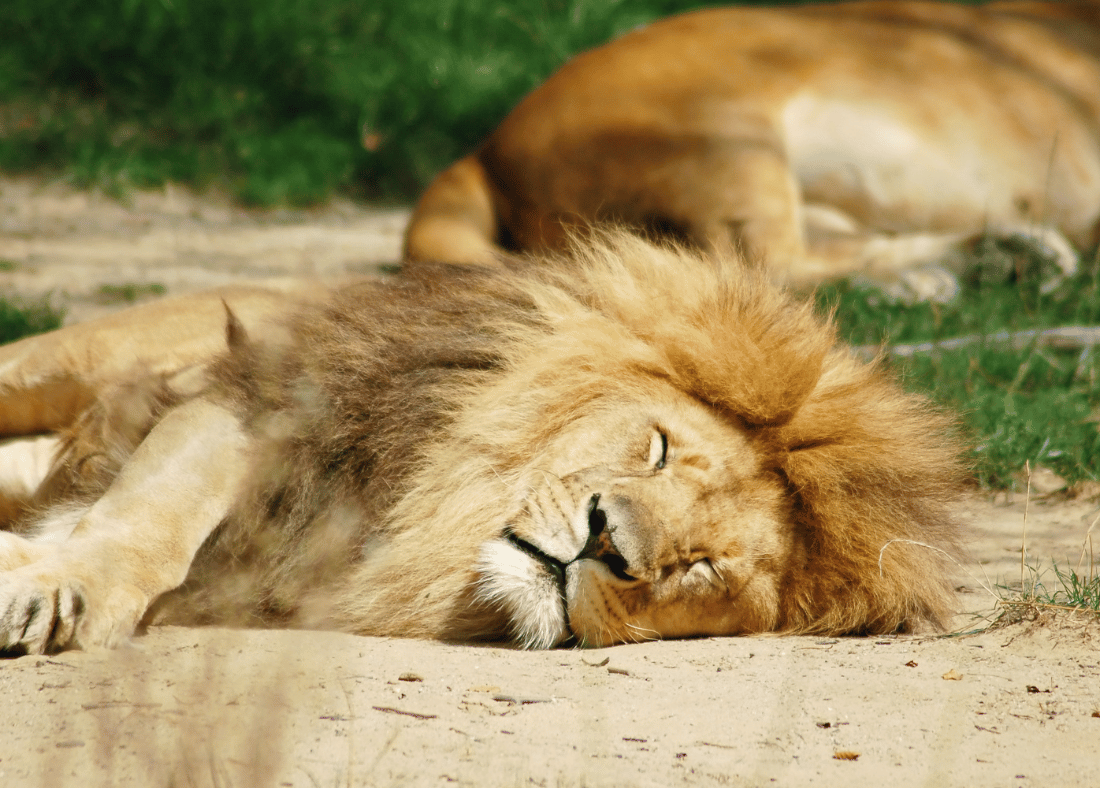
Bears make up about 55% of the population according to a sleep doctor and clinical psychologist Michael Breus. People with this chronotype will generally follow the sun. They’ll do well during office hours and will have no issues in the evening. They will also be morning types and have good sleep quality.

Wolfs make up 15% of the population and are like the classic night owl. This means that they are most active and, in some cases, most productive through the evening.

Finally, dolphins are insomniacs. The animal was chosen because dolphins can stay alert even while sleeping.

While these chronotypes can give you a general idea of the different types, there are always going to be variations from person to person. It’s unlikely that you will match one of these categories perfectly. However, knowing your chronotype can help you understand your sleeping patterns and potentially determine whether you need to take steps to improve or change your sleeping and waking behavior.
How Do You Identify Your Sleep Chronotype?
There are quizzes online that you can use to determine your sleep chronotype. For instance, you can learn where you are more like a dolphin, lion, wolf, or bear if you take the chronotype quiz by Dr. Michael Breus. Research studies will often use quizzes like this when assessing individual chronotypes. However, there are also other steps that you can take.
Instead of taking a quiz, you should consider what time you will prefer to wake up if you have no plans, no professional or personal commitments to worry about, and no time that you need to wake up.
This will help you understand your sleep behavior a little more and your sleep preferences.
Other studies have explored chronotypes concerning:
- Energy levels throughout the day
- Circadian rhythms
- Meal timing
- Sleep preferences
- Morning routines
It’s difficult to determine how much of this accurately predicts or impacts your sleep chronotype. However, it can still be interesting to explore.
What Does Determine Your Sleep Chronotype?
While research has yet to provide conclusive evidence on what impacts a sleep chronotype, researchers do have some ideas.
For instance, some studies have suggested that geographical location changes sleep chronotype. This could be due to elements such as daylight hours.
Chronotypes also seem to be impacted by age. For instance, younger children are known to wake up very early and go to bed early in the evening because they’re exhausted.
Older children like teenagers will sleep in and many do find it difficult to get up for school. By the age of 20, your chronotype will often start to reset back to those early wake-up calls and it can get even earlier in the later years of life.
Chronotype can even be impacted by gender with certain research suggesting that females are more likely to have an earlier chronotype compared with males.
There is also a growing amount of research that suggests that your chronotype is tied to genetics. This includes factors such as having a longer allele with reference to the PER3 circadian clock gene, contributing to people being more productive in the morning. Sleep chronotypes are also very closely tied to your body's natural biological clock.
Can You Change Your Chronotype?
You might be interested in changing your chronotype. While researchers are sceptical about whether this is a real possibility - particularly if it’s based on genetics - you can alter your circadian rhythm. This is responsible for controlling your day-to-day wake and sleep cycle, including when you are likely to fall asleep and wake up. Your circadian rhythm can be impacted by a wide range of factors including levels of light.
Generally, we’ll fall asleep in low levels of light or temperatures because this will cause a release of melatonin. That’s why, if you’re sleeping in a room with a lot of light or even light pollution from an urban environment, you might want to try using a black-out sleep mask.
These products come in a wide range of different designs. Since they are contoured to match the shape of your face and cover your eyes completely, they will help send a clear message to your brain that it’s time for sleep.
Of course, this isn’t the only issue that can stop you from falling asleep. You might be exposing yourself to blue light in the evening. Blue light is a type of light that is derived from tech devices such as TVs, laptops, and even lights around your home.
Blue light may impact your sleep pattern, according to research, because it sends a signal to your brain that it’s daytime. This suppresses levels of melatonin which might be the reason why you’re still awake hours after your head hits the pillow. If you are worried about blue light, then you should consider using blue light-blocking glasses.
These glasses help stop blue light from impacting your sleep patterns when you are using technology, or you are around other sources of blue light in the evening. They are available in a variety of styles and sizes. You can even get blue light glasses for children if you are worried about their sleeping patterns.
Of course, some people don’t like wearing glasses and if this sounds familiar, there are other options. You can get blue light-blocking lighting. This circadian rhythm lighting will ensure that you have healthy light in environments around your home instead of the typical LED lighting that is a common source of blue light.
While changes like this may not impact your chronotype directly, they can help ensure that you find it easier to get to sleep when your head hits the pillow. This in turn will ensure that you get the rest your body needs and that you can get up in the morning.
You may even find that with the right changes to your environment, you have more energy throughout the day and in the evening for social activities. Ultimately, this can have tremendous benefits on your well-being and your lifestyle. Particularly, if you have been feeling light like a night owl or perhaps even a dolphin, where your brain is constantly alert even in the middle of the night.
We hope this helps you understand everything that you need to know about your sleep chronotype, how this could be impacting your life and what you can do about it. Once you understand what your chronotype is, you’ll have a clearer understanding of whether you struggle with energy levels throughout the day or getting up in the morning. You can then be proactive about making the necessary changes, whether that’s protecting yourself from environmental issues or even altering your lifestyle.

